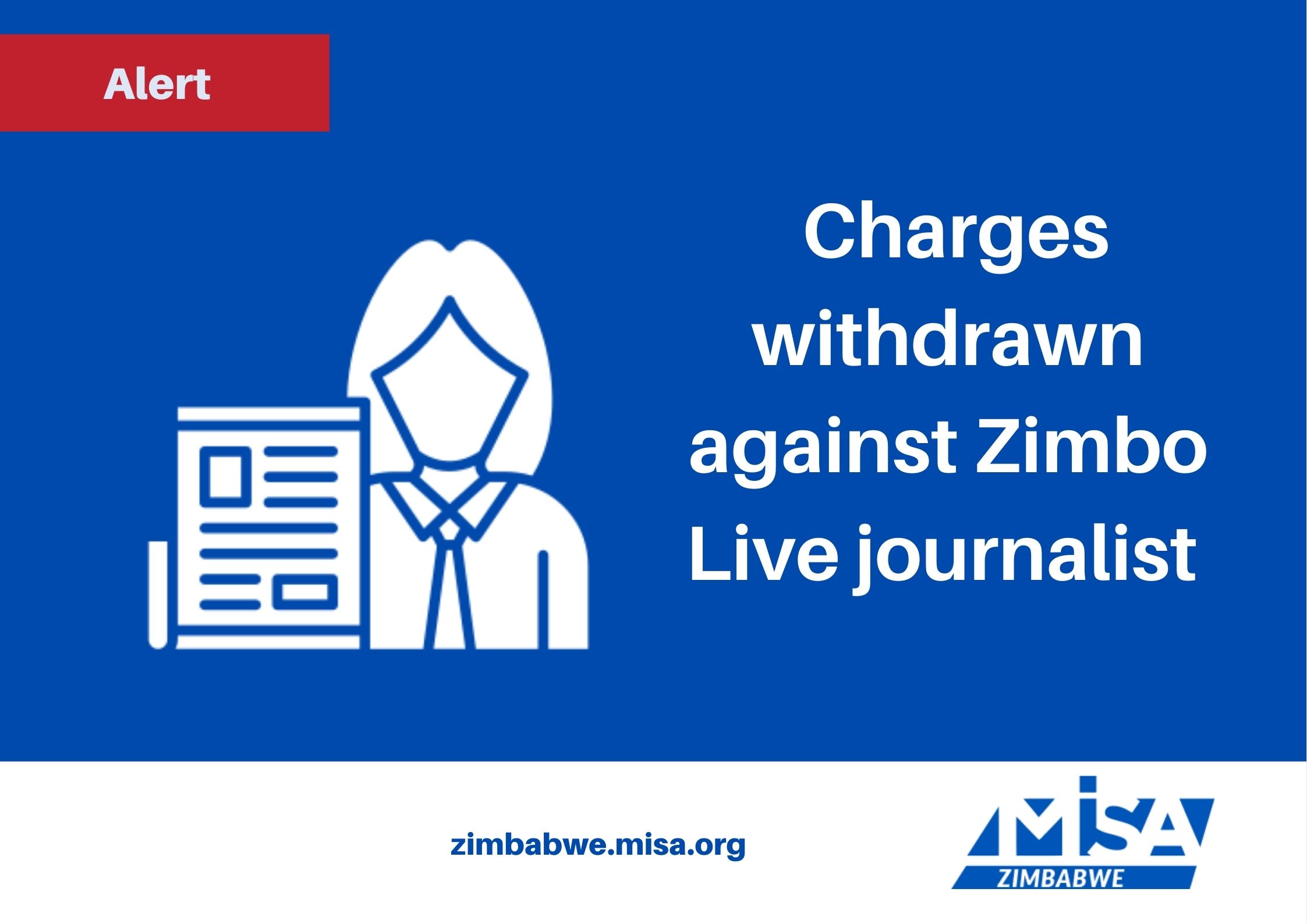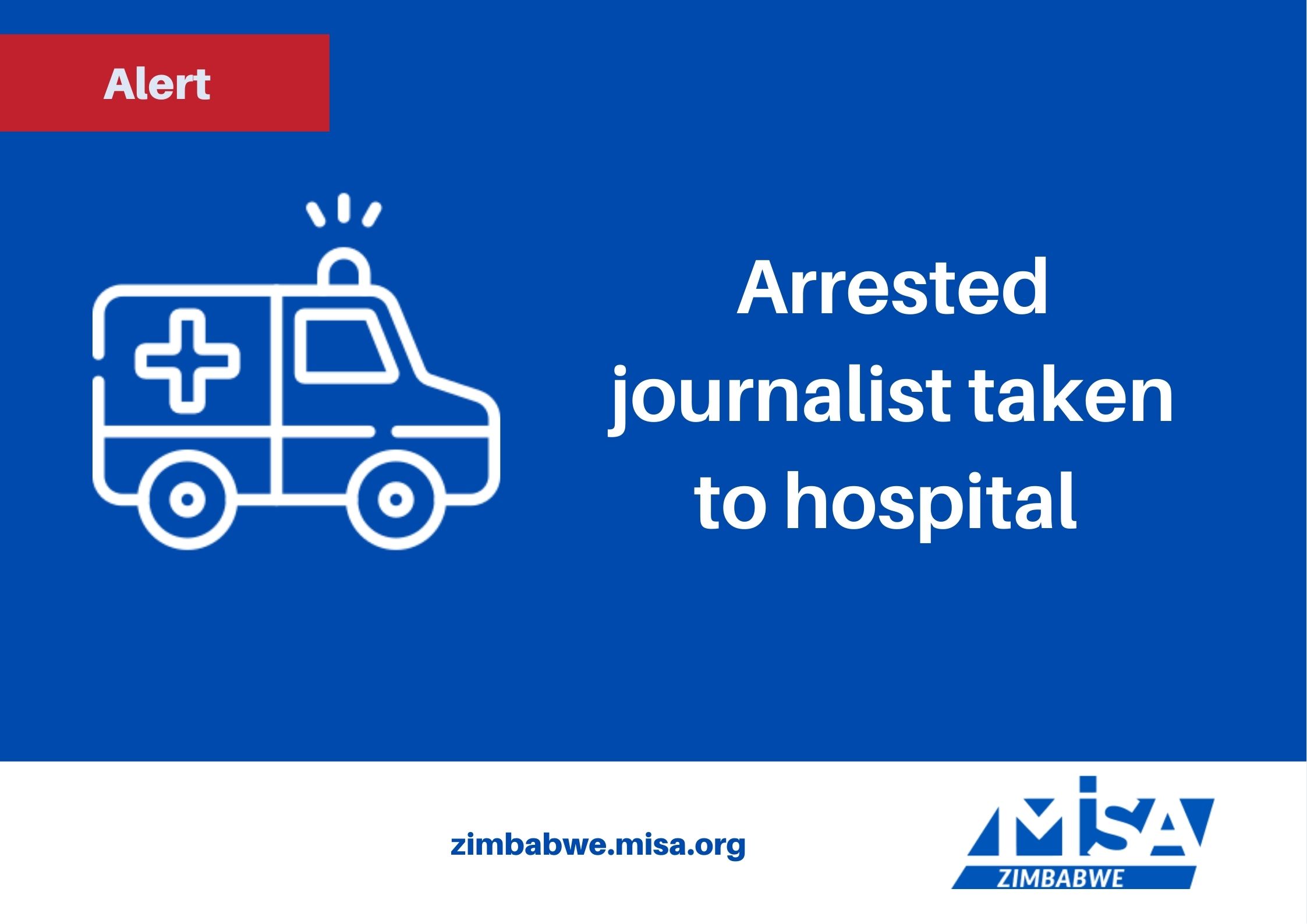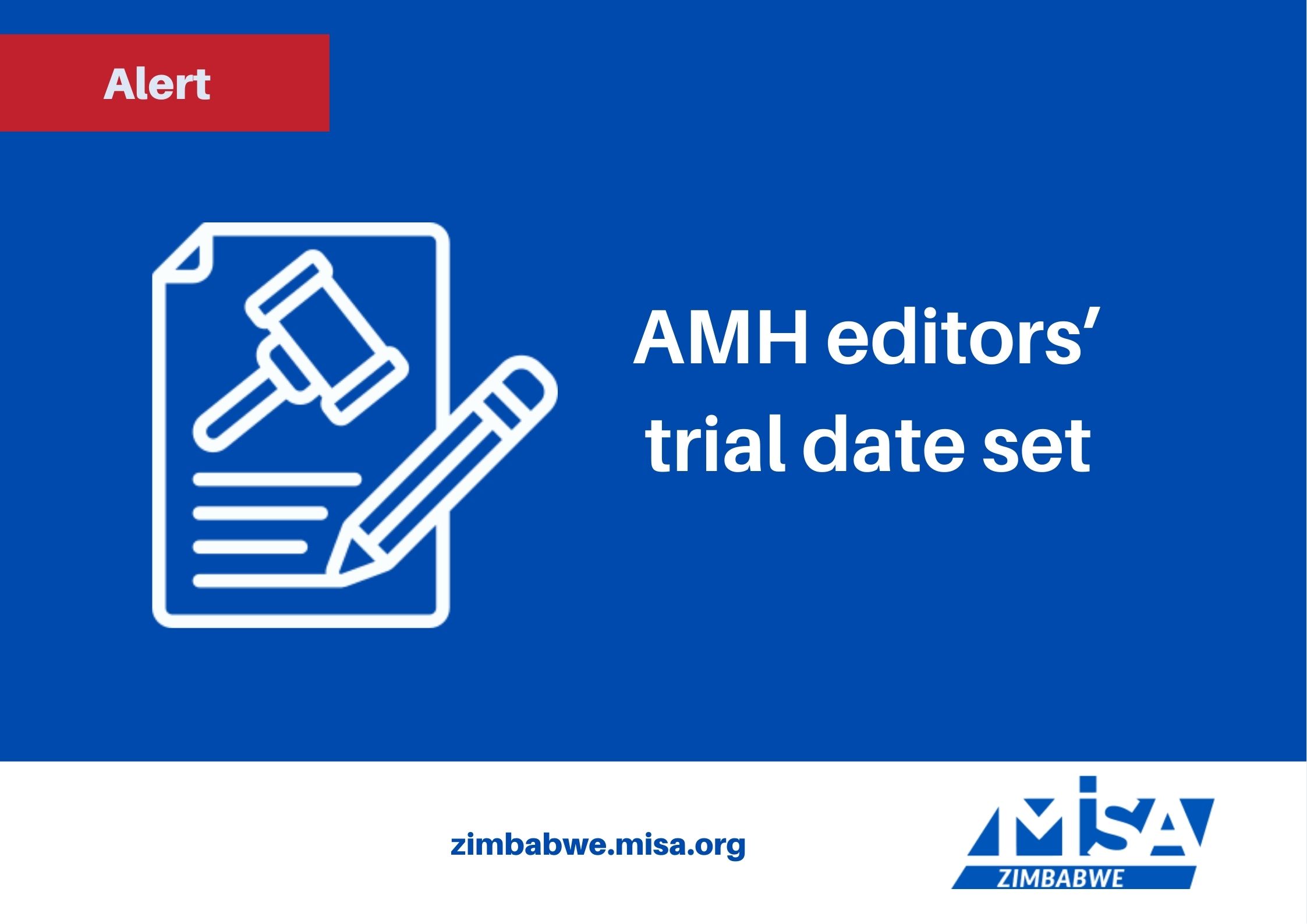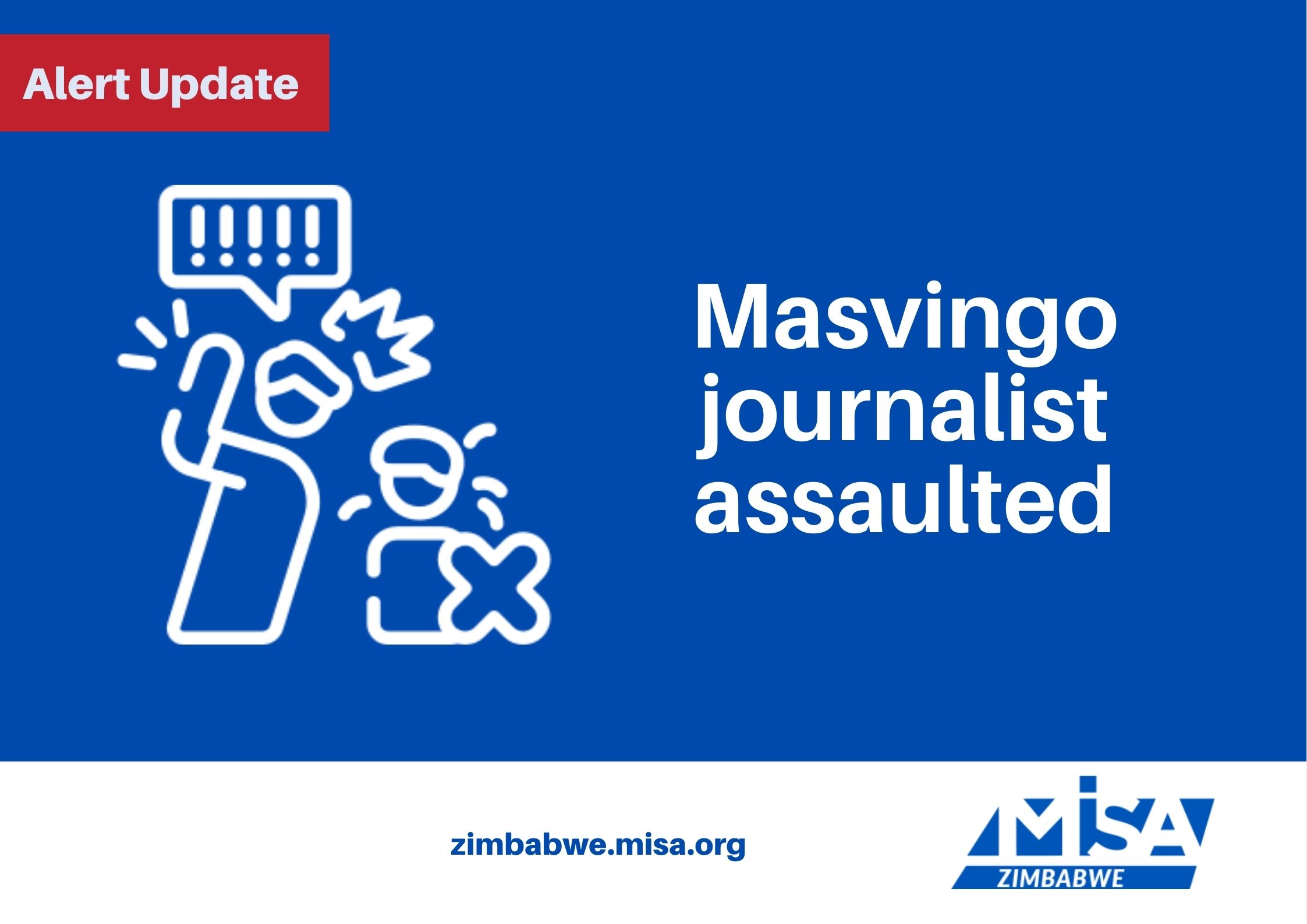Kenyan journalists’ equipment seized at Zimbabwean airport
What happened
Three Kenyan journalists, Duncan Khaemba, Chris Omulando and their cameraman from the Nation Media Group, who were accredited to report on Zimbabwe’s election, had their equipment seized by authorities at the Robert Gabriel Mugabe Airport upon arrival.
Despite being cleared by the Ministry of Information, Publicity and Broadcasting Services, the three were told that they could only enter the country with their equipment if they paid a deposit equivalent to half the purchasing price of the broadcasting equipment.
They complied with the dual accreditation process and got the accreditation by the Zimbabwe Media Commission (ZMC) and the Zimbabwe Electoral Commission (ZEC).
Furthermore, they were told that they needed further accreditation from the Broadcasting Authority of Zimbabwe.
Finally, they left their equipment at the airport with the assumption that they would collect it when they were leaving Zimbabwe.
However, they were to experience further unexplained delays in having their equipment returned to them as they exited the country.
Due to this, they were not able to effectively report on the election, as they had to borrow equipment from local journalists, a less-than-ideal way of operating.
MISA Zimbabwe is concerned about the authorities’ decision to confiscate the journalists’ equipment. The journalists had complied with all the requirements of the government, and it was prudent for the authorities to let them into the country with all their equipment.
MISA Zimbabwe notes that despite the approval of the Ministry of Information, Publicity and Broadcasting Services and subsequent dual accreditation by ZMC and ZEC, the authorities still demanded that the journalists be accredited by the Broadcasting Authority of Zimbabwe.
Due to the onerous requirements, the journalists were not able to carry out their duties effectively, and this had an adverse effect on access to information.
This calls for a genuine conversation on the need for a more transparent and responsive accreditation regime for foreign media in covering elections in the country to avoid such structural technicalities that were not communicated when the approval was communicated to the three journalists.
The Guidelines on Access to Information and Elections in Africa outline that the right of access to information is an invaluable component of democracy. Access to information empowers the electorate.
Share this
SOS journalists hotline
If you are injured, detained or arrested ín the line of duty, call our 24/7 SOS journalist hotline on 0784 437 338 to access legal and/or medical assistance.
Don’t forget to have the number saved in your phone for emergencies!
Find out more about the hotline here.
About MISA
The Media Institute of Southern Africa (MISA) was founded in 1992. Its work focuses on promoting, and advocating for, the unhindered enjoyment of freedom of expression, access to information and a free, independent, diverse and pluralistic media.
Latest media violations
Three Kenyan journalists, Duncan Khaemba, Chris Omulando and their cameraman from the Nation Media Group
3
Zimbabwean airport security
State
Zimbabwe, Harare








